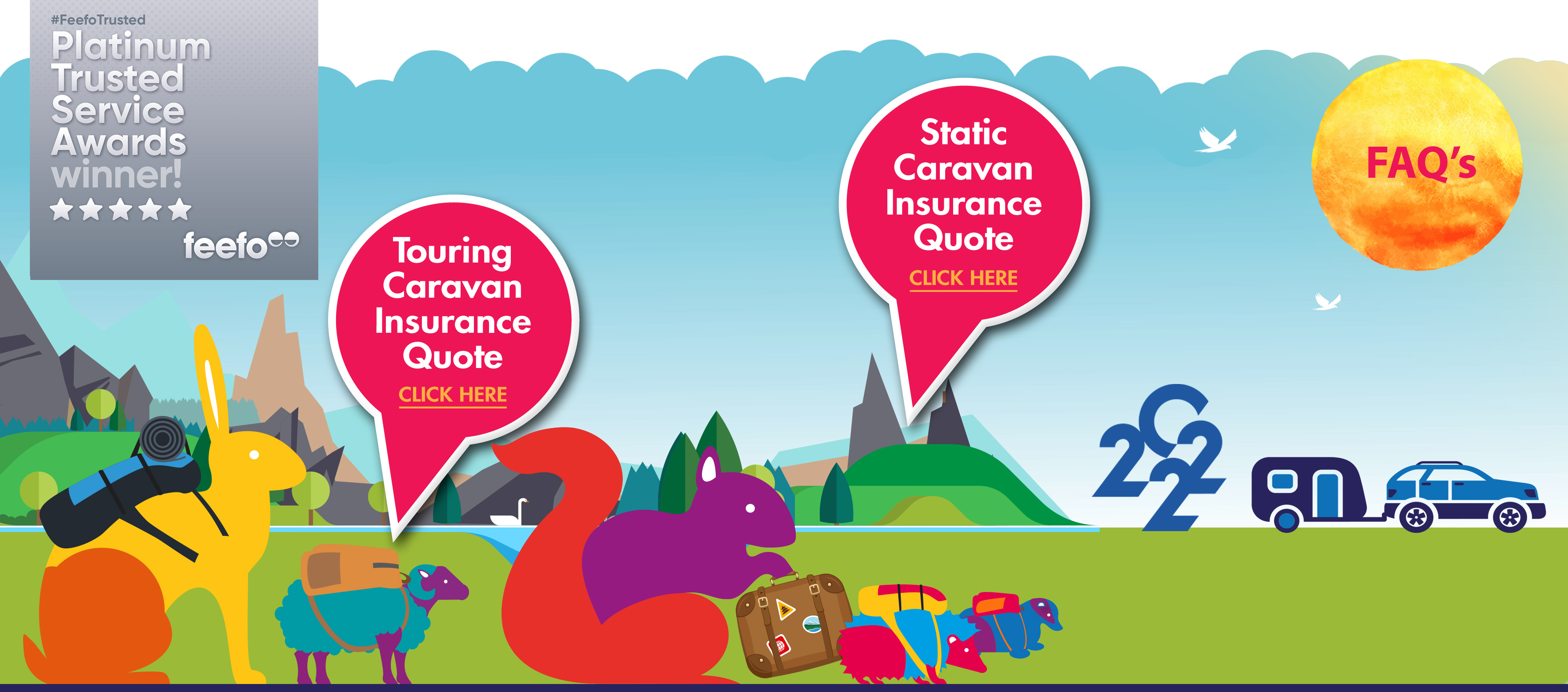
Both can be described as caravans. Static homes are also known as “mobile” homes – in the choice of words, surely not so different from a touring caravan.
Yet there is a world of difference between a touring caravan and a static home – with the latter subject to a number of common myths:
1. Static homes are just glorified caravans
As we’ve said, there is a world of difference! A touring caravan is designed for just that – touring, with the ability to make a quick getaway. A static home – for all its alternative description as a mobile home – is designed to stay put in the one place for most of its life.
Static homes are built for comfort, spaciousness, and long-term living. They’re likely to have central heating, full-size kitchens, and double glazing – in fact, all the amenities you’d expect to find in a typical home.
2. They don’t hold their value
Most things you own will depreciate over time – neither your car nor a touring caravan will hold its original price for long.
But make some informed choices about a desirable and well-appointed park for mobile homes, pick a modern model capable of the occasional upgrade, keep it in a good state of repair, and you may that your static home still commands a favourable resale value when it’s time for you to move on.
In the meantime, you could see it as getting more than your money’s worth of value simply enjoying a home for your summer holidays and more.
3. They’re cold in winter and boiling in summer
That’s very much old hat – and might once have held a grain of truth.
But today’s static homes typically have every amenity you’d find in a bricks and mortar home – including efficient central heating and air conditioning.
4. You don’t need caravan insurance for a static home
Anything you own can be protected by insurance – without that safeguard, you’ll be paying for any loss or damage from your own pocket.
Loss or damage to your static home could prove expensive indeed, so you’ll want to make sure you are covered by appropriate insurance – and, in this case, it is specialist caravan insurance for static homes.
BONUS TIP: In most cases, you do not have to accept the static caravan insurance offered to you by the site owner – you are typically free to shop around for your own cover. But it’s always best to check your park’s terms. Some parks include static home insurance in your pitch fees or offer it as an optional extra. Others may let you choose your own provider but ask for proof of active cover that meets their minimum requirements, such as a specific level of public liability. An admin fee may apply.
If you’re not tied to a particular policy, you’re free to shop around for your own static caravan insurance.
5. You can park them anywhere you like
Just think of the sheer size of even the most modest static home and you’ll appreciate why you can’t park or berth them just anywhere.
A static home can be parked on a duly registered caravan park or on any private land where the permission of the local council has been granted.
6. They’re only for older people
This is a myth that might have gained ground because there are certainly some residential (park home) caravan parks where there is a minimum age (say, 55 years or older) to maintain a tranquil environment for more mature residents.
Sites for static holiday homes tend to attract all types and ages of visitors, from families and younger visitors to couples and solos.
7. You can live permanently in a static caravan
You cannot live permanently in a static (park) home.
A park home is a permanent residence built to residential standards, suitable for year-round living and subject to council tax.
A static caravan (holiday home) is for seasonal use only, located on holiday parks, with no full-time residency rights and fewer legal protections under UK law.

